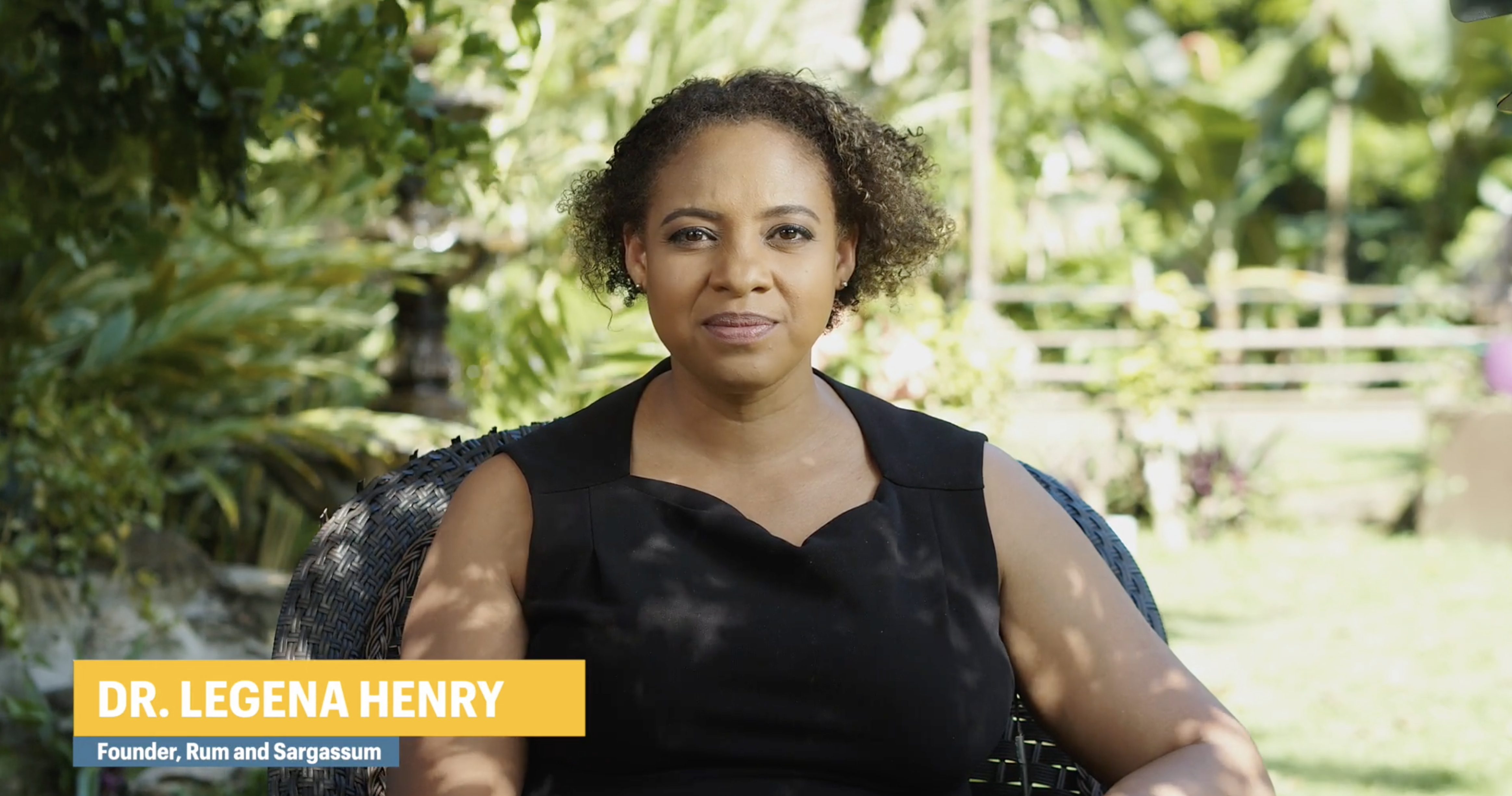
UWI Start-up Exploring Biofuel Options
There is a spinoff start-up company of the University of the West Indies Cave Hill Campus, born out of research on biofuels, which is seeking to scale up the initiative to provide consumers with bio-CNG [compressed natural gas] on a commercial scale. This fuel can cut consumers’ gas bills by as much as 50 percent.
Dr. Legena Henry, Lecturer in Renewable Energy, Department of Computer Science, Mathematics and Physics at the Cave Hill Campus, offered insight into their plans recently at a World Oceans Day event. The event was held by the UNDP Accelerator Lab in Barbados and the Eastern Caribbean, in conjunction with the Ministry of Environment and National Beautification, Export Barbados and other entities.

She explained that as Barbados seeks to become a zero-carbon economy, those who cannot afford to purchase electric vehicles can have their cars retrofitted with a CNG kit to run on the bio-CNG fuel. The fuel that Rum and Sargassum Inc. is producing, she said, is utilizing Sargassum seaweed along with wastewater from the rum distilleries. She indicated that the rum industry produces thousands of liters of wastewater, which has high levels of chemical oxygen demand (COD), making it best to use in anaerobic digestion, the process that produces fuel.
“In our lab, we looked at Sargassum seaweed with different rum distillery wastewaters, and then we compared how much bio-methane you could get out of Sargassum compared to the grasses that the Government of Barbados is looking at now as potential energy sources. And we found Sargassum either outperformed those grasses as you could see, or equaled those grasses,” she stated.
The university lecturer said they are looking at commercializing their solution and are engaged in negotiations to expand. The plan includes:
- Installing a small gas station at The UWI Cave Hill to refuel some cars on campus as proof of concept of the idea.
- Establishing a workshop facility to install CNG kits into cars allowing them to work on bio-CNG fuel or gasoline. This process will take four hours.
- Encouraging the importation of CNG vehicles.
Dr. Henry explained that bio-CNG is already being used in Trinidad and Tobago, where customers are filling up with biofuel at the cost of TT$14, approximately US$2, which can drive 500 kilometers.
“There is CNG in Barbados now, but we want to make it from Sargassum seaweed, so a green version of CNG,” she said.
While noting that they are constantly researching, the Renewable Energy lecturer disclosed that students are currently exploring the idea of liquid fuels from the same feedstock to offer other green alternatives for energy.



